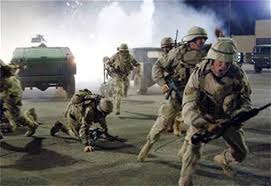From Machiavelli to Morgenthau, Kenneth Waltz to Kautilya, thinkers throughout time have presented realism as an effective tool for studying politics. Realism is rooted in the primary concept of power and explains state behavior through it. States are the main role player in realism and are considered unitary rational actors. All other non-state actors are considered secondary, as although they may have a considerable influence in determining policies, it is ultimately the state that takes the final decision.

The international system is inherently anarchic in nature and this anarchic nature leads the state to seek self-help, as they are unsure about the motives of other states. Realism views states as actors that are goal oriented, designing strategies and framing policies in order to meet the internal demands, i.e., they work according to the national interest. There is the motive to maximise one’s interests against that of other states. States function continually to aim for economic, social and political development, that will raise their footing in the international sphere. The foreign policies are framed accordingly, calculating the cost and means involved in the process, so that they may yield the maximum benefit for its national interest.
Through this, the state tries to survive in the anarchic international system. The more powerful a state is, the more secure it is. Greater economic and military power provides the state with a greater and safer position in the international system. For example, a superpower like the United States of America has the greatest influence in international politics.
Thus, it is necessary for a state to maximise its security apparatus, both internally and externally, to emerge as a powerful state in the international sphere, and this encapsulates the basic idea of realism.
Dishari Roy , Student at JNU
